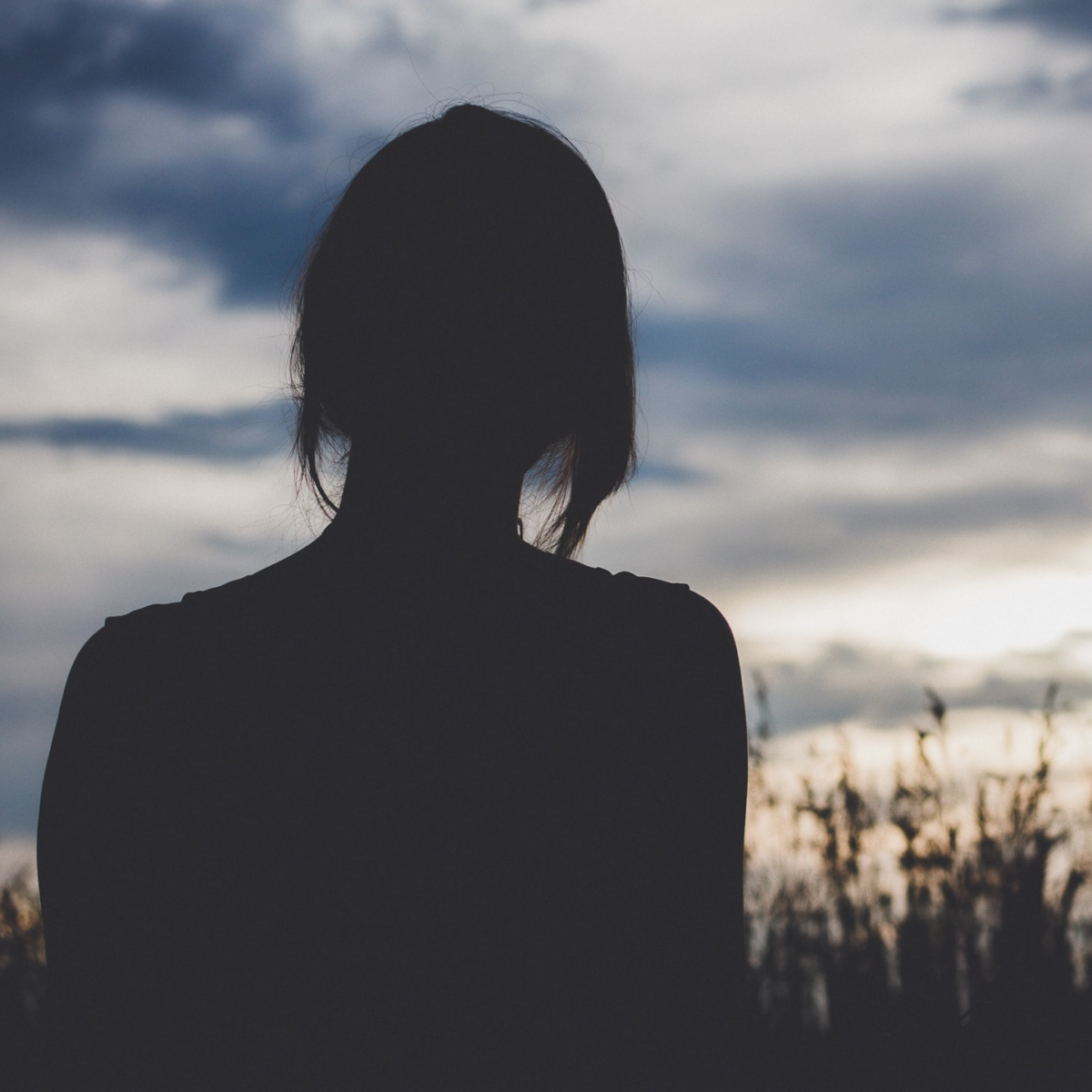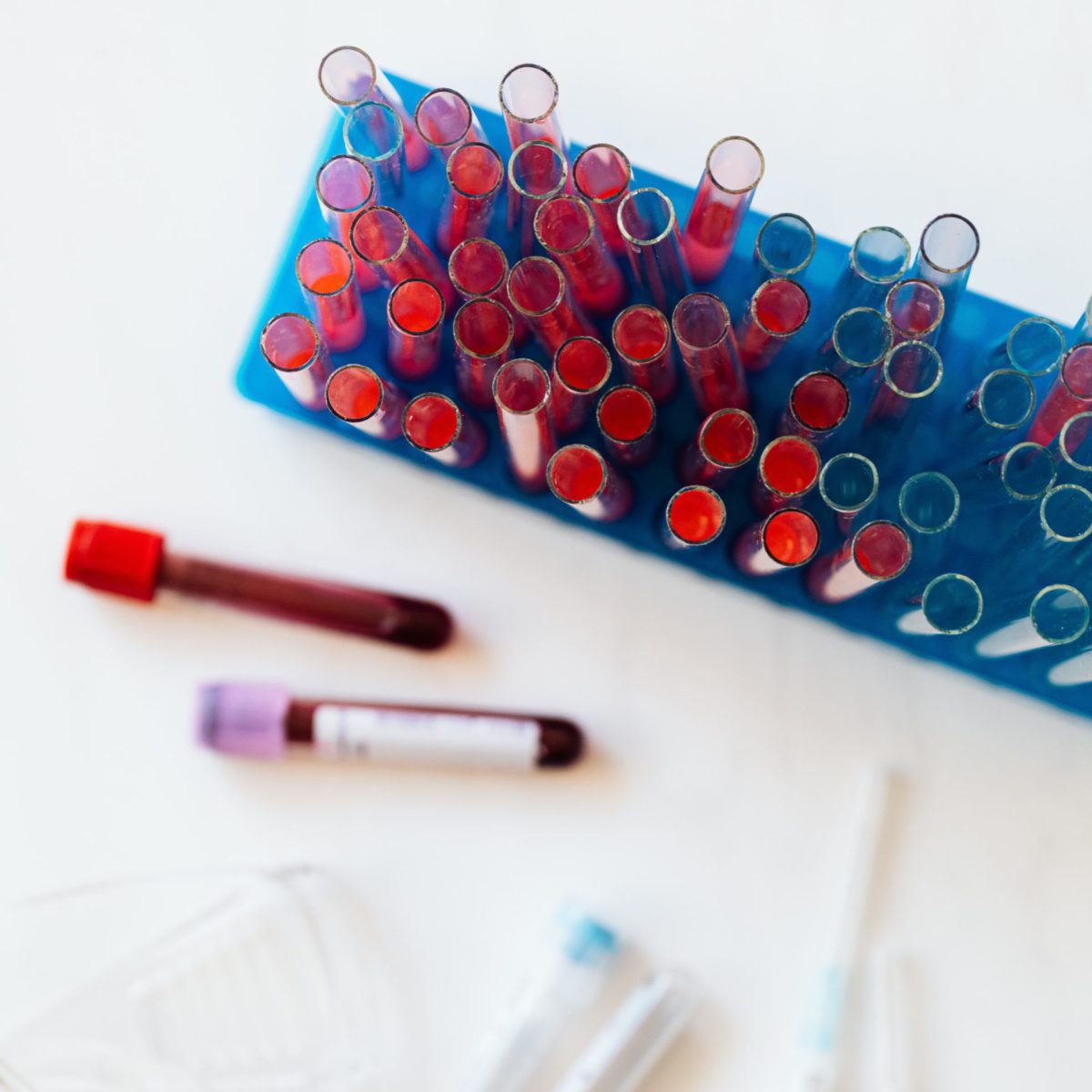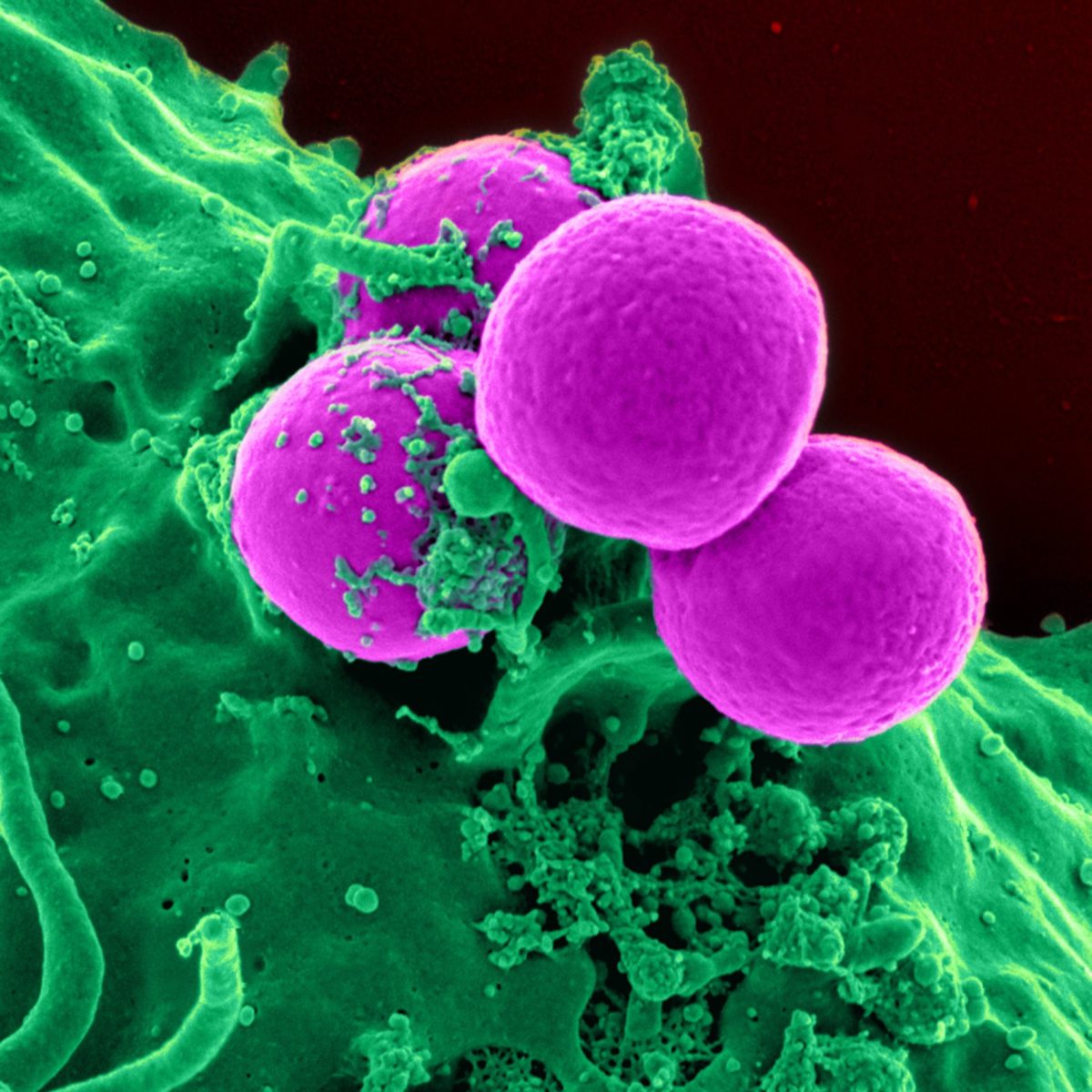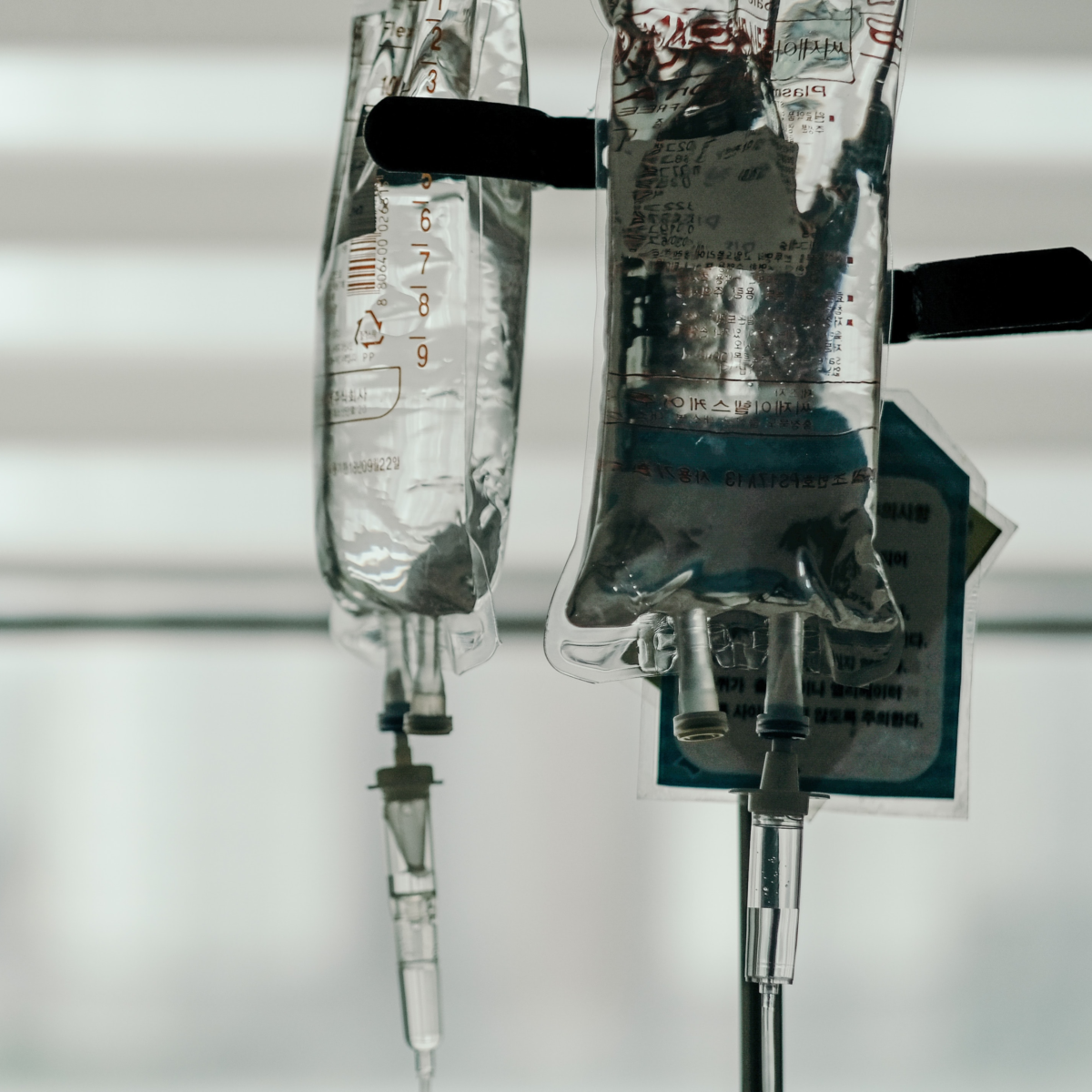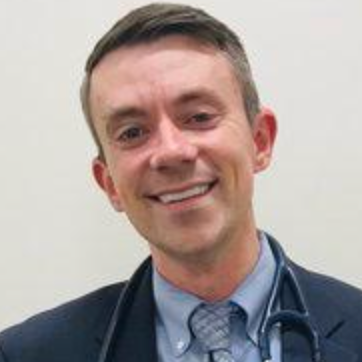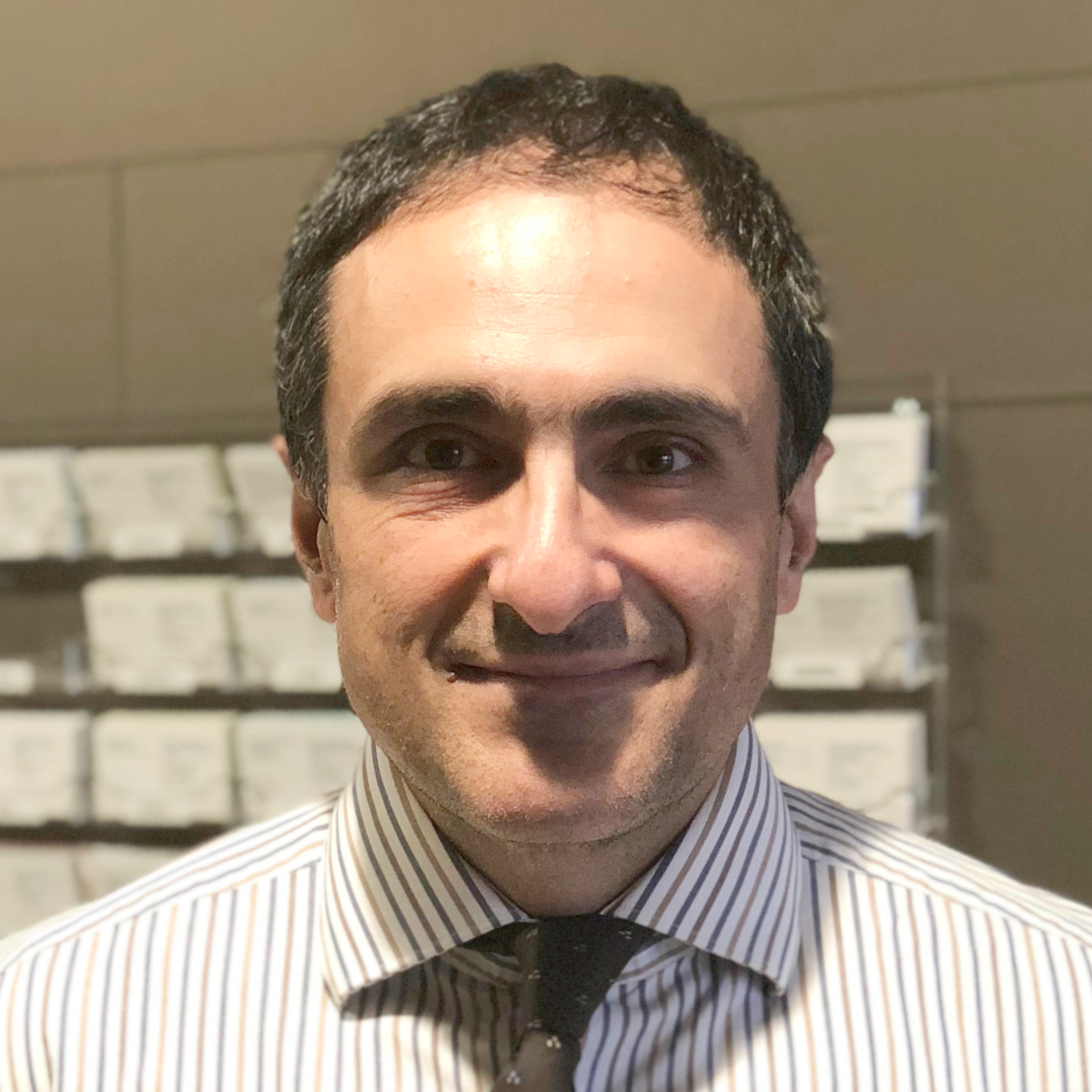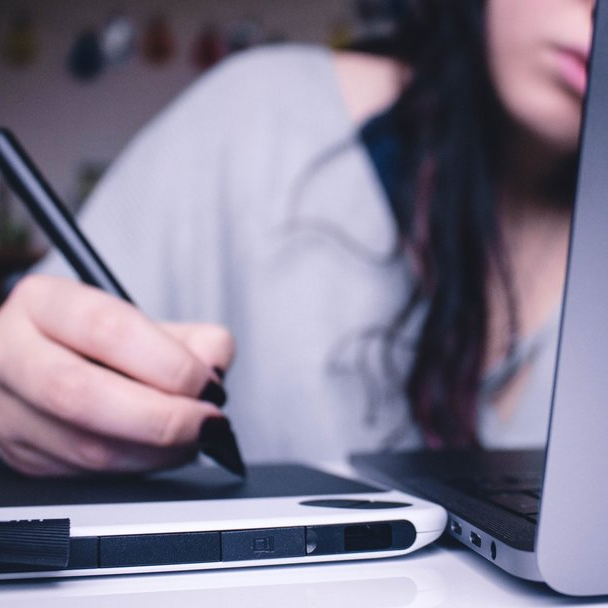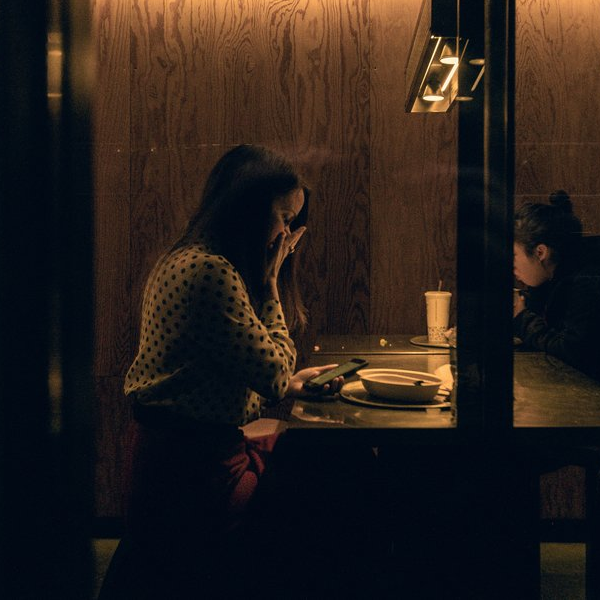What Does Cancer Feel Like?
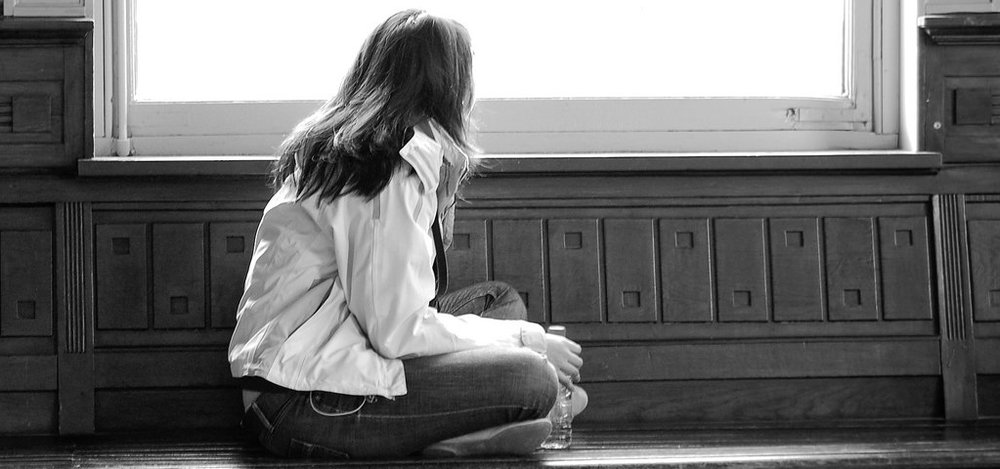
Cancer affects everyone in different ways, but one consistent experience for any patient is a lot of feelings – from the emotional roller coaster of handling a diagnosis to the physical pain and side effects of treatment. Here’s how the survivors The Patient Story spoke with described their experiences, in their own words.
How does it feel when you’re first diagnosed?
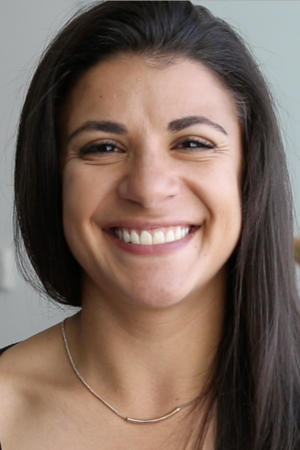
The first feeling was shock. Once we got in the car, I remember I still didn’t cry because I didn’t want to believe it. I didn’t want to believe I had cancer. I didn’t want to say the word cancer. The first time I cried was that night when I was going to bed.
Mila Lazarevsky (cervical cancer)
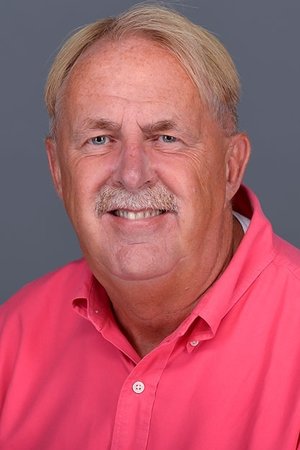
People often describe these things as a journey or a rollercoaster ride of emotions. Those didn’t seem to work for me. I was not going on a trip and there were no thrills involved. Honestly, it just sucked. Sometimes I’d be angry, or numb, or beyond sad, and other times optimistic.
Tony Donk (non-Hodgkin lymphoma)
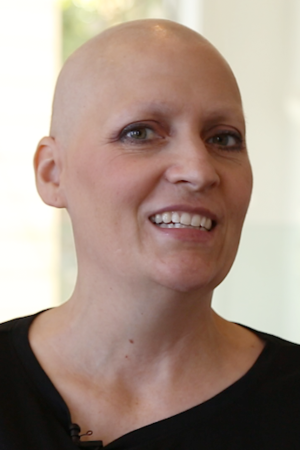
I felt almost a little excited. I was actually glad I was by myself when I hung up the phone. I was by myself and I just had some time to collect my thoughts and within the minute I knew how I was going to approach it. I had confidence in myself, I had this little plan for myself that I was going to listen to my doctors, I was not going to react, I was not going to Google anything, and I was going to listen to my gut.
Jodi Smith (ovarian cancer)
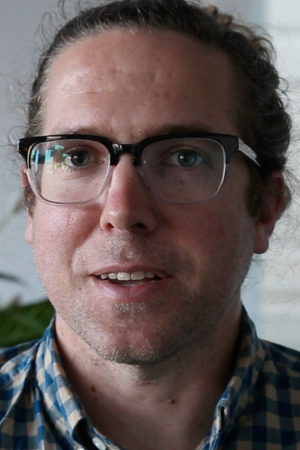
When I got the diagnosis, I didn’t know the boundaries of what I could do. I could talk to like 100 people. I could go out and spend every waking hour contacting physicians. But maybe that won’t do anything. That’s why the way I actually responded is literally just went on Amazon, found good reviewed textbooks on the topic and ordered them. Started reading a bunch online. Because that was something I could do, learning about what the options were.
Rick Henrikson (testicular cancer)
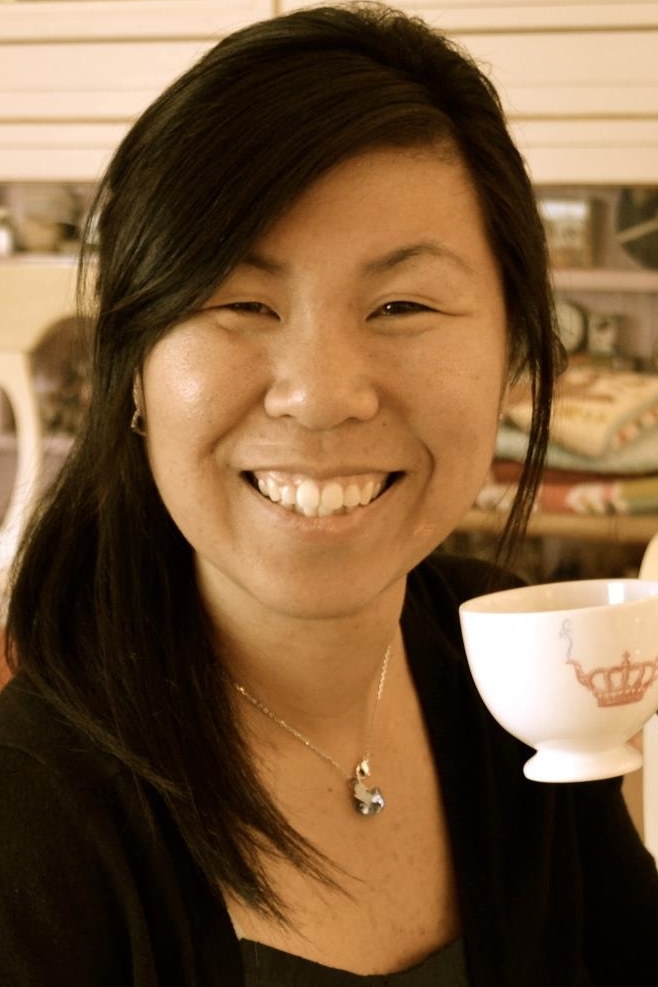
I was pretty prepared for the diagnosis and just really wanted to know what the prognosis and next steps were. I also felt really bad because my endocrinologist broke the news to me and I told her it was okay. She said I was the nicest person ever. I told her I felt bad that she felt bad more than anything else.
Carmen Yee (thyroid cancer)
How does it feel to undergo cancer treatment?
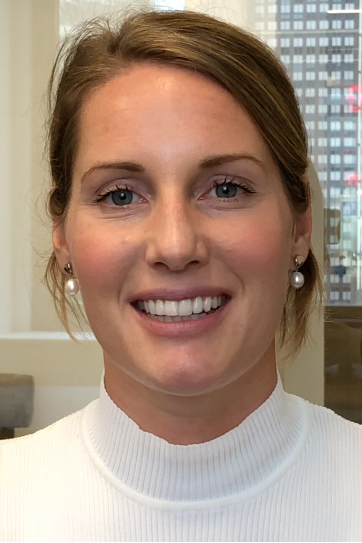
[Chemo] really freaked me out, that first infusion. My mother was with me. I had done it intravenously before I had gotten my port put in. And I could feel the serum in my veins, which I did not like. I’m hypersensitive to that stuff, so not everybody had that same feeling.
CC Webster (Hodgkin lymphoma)
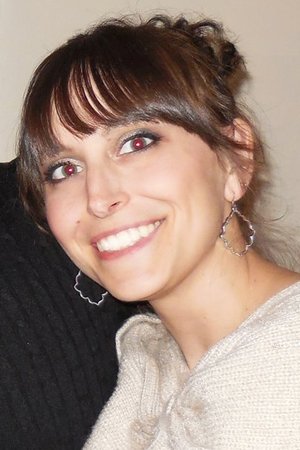
There was a large fear of the unknown. My biggest concern at that time was not knowing what side effect was coming up next, or when the side effects that came would go away (if ever). The worst part was waiting in the room for the chemo to arrive. I remember wanting to run away, get on a plane, and escape! Once the poison was hooked up, I remember thinking that there is no going back now!
Donna Sadeghi (non-Hodgkin lymphoma)
»LEARN MORE: Side effects of cancer treatment
How did your doctors and nurses make you feel?
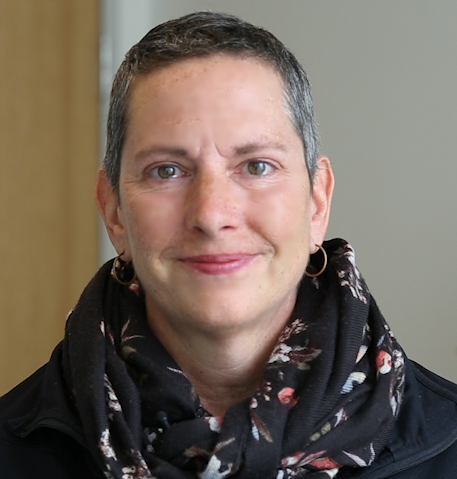
Everyone in the office was great so I had a good feeling like I don’t expect my surgeon to be warm and fuzzy, I want to be someone who’s going to be badass and get that shit out. And be as great at that as possible so that I know hands down, fine.
Doreen DiSalvo (breast cancer)
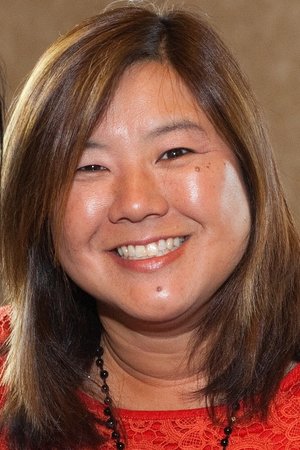
I remember when I finished radiation just feeling kind of sad that I wasn’t going to see these people anymore and it was an interesting feeling. But they just became a part of my life and it was a little bit of sadness and a hole in me because these folks that were so integral to my life for so long, for that amount of time, weren’t going to be around. So that was probably the most positive surprising experience or feeling I got from all of this.
Margaret Abe Koga (breast cancer)
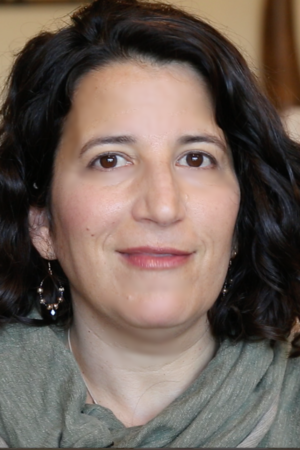
Constantly, patients are given the message you have to advocate for yourself, you have to push, you have to come in with all your research and I do all that, but also you want to be deferential. This sounds embarrassing to say, but you want to be liked. You want your doctor to care about you and smile when you enter the room and not like ugh, this person’s constantly arguing, pushing, and questioning. So it’s been a process for me to learn how to balance those two.
Lisa Goldman (lung cancer)

My endocrinologist made all the difference in the world for me. She is the kindest person. She genuinely cared about my body and my emotional health. She made everything very easy for me and was always there for me. It was very easy to communicate with her and she even gave me her personal cell phone number.
Carmen Yee (thyroid cancer)
How did it feel to tell others about your cancer?

The death stories and the stories about people they know who have died of cancer, the rambling of stupid stuff. That was the worst part. I think the baldness is less of that but it opens up the door for random people to start telling you cancer stories and death stories.
Doreen DiSalvo (breast cancer)
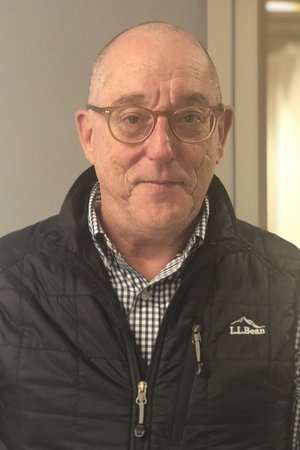
The toughest time was when I called my boss and I told her I had this diagnosis. I actually broke down a little bit emotionally. Mostly because I realized I think I realized that my life being defined by work was over. A little bit of sense of loss there.
Kevin Reamy (kidney cancer)

I had instances like when I went to a bar or somewhere where I would actually tell people and their initial response is, “But you look healthy.” I don’t know how others would feel about it, but for me it really enraged me because you’re basically telling me and invalidating what I’m telling you I’m feeling by saying that outwardly I’m not representing what that looks like to you.
Mila Lazarevsky (cervical cancer)

I told my husband and he was bawling. I was very composed and ready to move forward. Then I told my kids and they were bawling but I was okay. It was when everybody went to bed and I had never seen my kids that scared that that night…I got my turn to cry. But I wasn’t crying because I had cancer and I wasn’t crying for myself, I was crying because it was so heartbreaking to see my family like that.
Jodi Smith (ovarian cancer)

I’ve talked to a couple of other people who had testicular cancer who said that. You almost have to manage your friends’ mental health because they’ll look at it and it’ll make them think about things in their life. I think my friends have gotten very emotional about things.
Rick Henrikson (testicular cancer)
How did it feel when treatment was over?

There’s just all this trauma and knowledge [of] the very vivid recent experience of the rug being ripped from out under your feet and knowing that that could happen at any time in such a visceral way.
Lisa Goldman (lung cancer)

Yes, I was relieved that the cancer was gone. And there was about a week in there of true elation. The anxiety started to kick in. I knew that I had to pick myself up and put myself back in my life. And for whatever reason, I was scared of the ways that cancer had changed me. I didn’t have control over what it had done to my life, to my brain, to my physical body, and my emotional state.
CC Webster (Hodgkin lymphoma)

The only time I had something that was memorable was when I woke up in the recovery room. I remember looking up and thinking okay, wow, I’m not dead, this is really good, right? If you’ve had a life-threatening illness or an event like this, you start thinking wow, second chance. That part made it a lot easier for me.
Kevin Reamy (kidney cancer)
Related articles
What is a CBC Test?
What is a CBC Test?r
Learn about what a CBC test is and how the test can be used to help diagnose and monitor the progress of different types of cancer.
...
BRAF Mutations and Cancer
BRAF Mutations and Cancer
The BRAF mutation is often linked to several forms of cancer including melanoma and lung cancer. Learn about the effects of the BRAF mutation.
...
